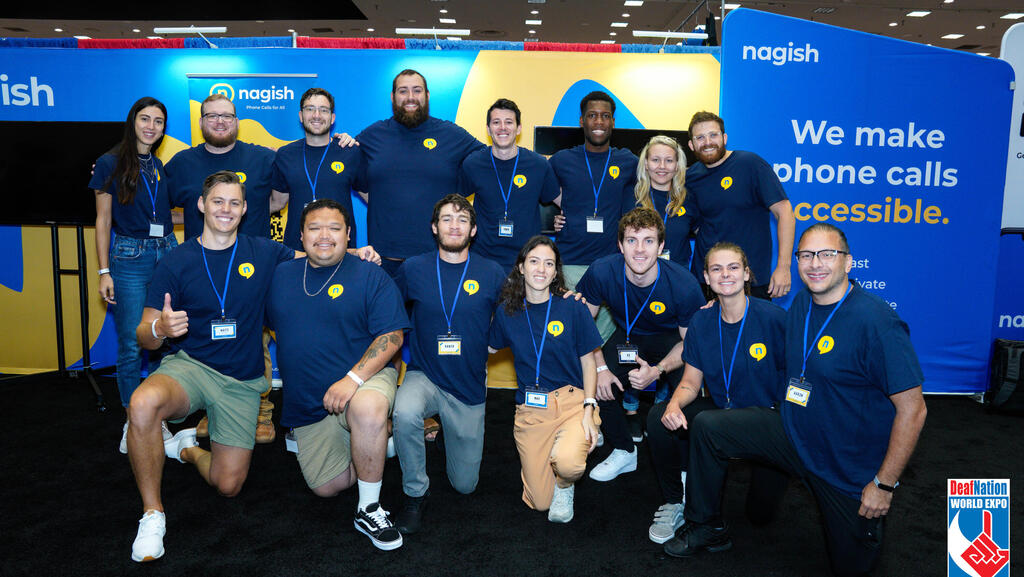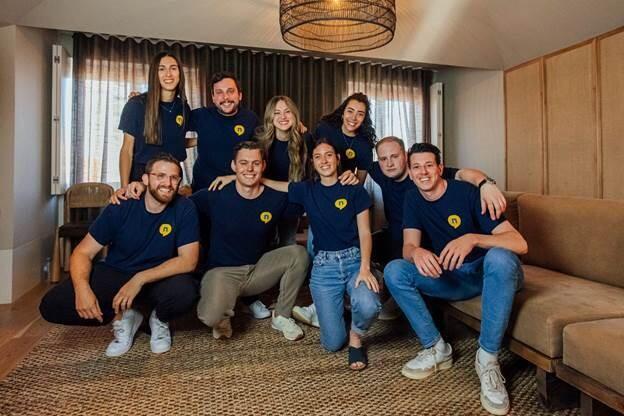
"Nagish" made its app available for the deaf and hard of hearing community without limitations and for free
Following the situation in Israel, the technology company that provides accessible communication solutions for people who are deaf or hard of hearing decided to open its applications to Israeli residents without restrictions. As a result, thousands of people have already utilized this service to receive instructions from the Home Front Command, communicate with emergency and medical agencies, and stay in touch with family and friends
Lior Avisar
The day after the horrific terrorist attack of October 7, "Nagish" translated its app from English to Hebrew, added a Hebrew transcription engine, and launched the app on the Israeli app stores, offering it completely free to Israeli users.
"Nagish" is an artificial intelligence (AI) based application that makes communication accessible to people who are deaf or hard of hearing. The company's services include real-time captioning of phone calls and work calls via Zoom, Microsoft Teams, Google Meet, and accessible communication in person.
Transcription is carried out accurately and quickly, with automatic text to speech capabilities for those who don’t speak.
"We now have hundreds of active users in Israel who, thanks to "Nagish", can now communicate with hospitals, the Home Front Command, and their families. In the current situation, especially in the first few weeks when communication was inaccessible along with chaos, it's life-changing," says Tomer Aharoni, the company's CEO.
The company purchased thousands of Israeli phone numbers for users and turned them into a virtual network. "We have always known about the acute need for an accessible communication system in Israel, but the need for access became especially clear during the recent crisis, as we saw in news reports about difficult phone calls from safe rooms near the Gaza Strip. It was clear to us that "Nagish" could save lives as an app that allows phone calls without the need to speak or hear."
Until October 7, "Nagish" operated only in the United States and Canada, where there are large industries for accessible communications. The company's revenue comes from large enterprises and federal budgets through a special fund for telecommunication relay services. In contrast, Israel does not have similar funding. Therefore, deaf and hard-of-hearing people must rely on hearing friends and family members or WhatsApp messages to communicate with the world around them.

